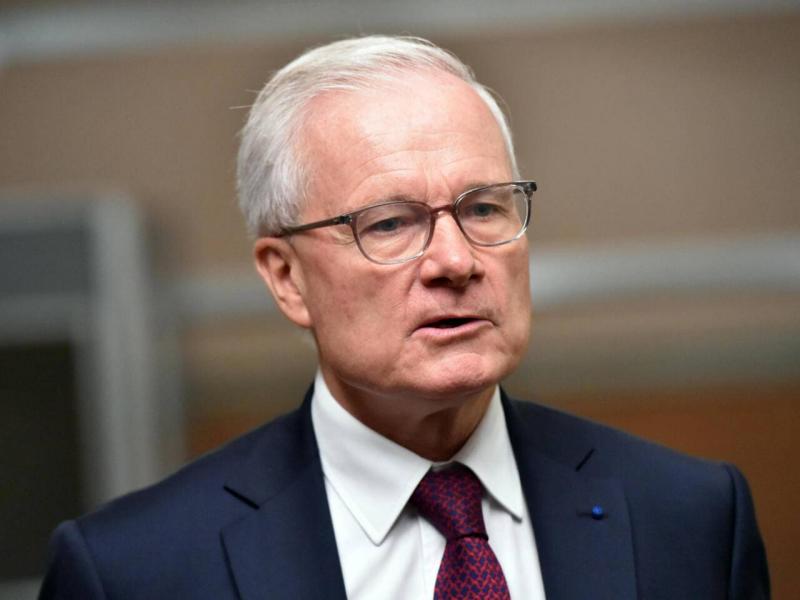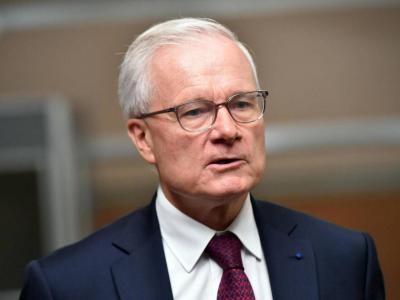The southern front remains at the forefront of the internal scene amid the absence of any new developments regarding internal political files, particularly the presidency and the leadership of the army. There is an ongoing anticipation of field developments and whether the exchange of shelling and gunfire between Hezbollah and the Israeli army will breach the rules of engagement established since October 8 and escalate into a wider war. This comes amid discussions regarding numerous messages sent to Beirut via American, European, and Arab envoys and diplomats, warning of an escalation in the war and threats of the Israeli government's intention to launch a large military offensive against Lebanon to enforce Resolution 1701 and remove Hezbollah from the area south of the Litani River.
While the return of Qatari envoy Jassim bin Fahd Al Thani to Beirut is expected in the coming hours to seek a way out of the presidential impasse and ensure the army leadership's safety, prominent sources revealed to "Al-Akhbar" that French Intelligence Director Bernard Émié, along with five officials, is in Beirut on a secret visit and will leave today without clarity on the purpose of their visit or whether they met with a security, diplomatic, or political entity. It is likely that Émié's mission is a continuation of the presidential envoy Jean-Yves Le Drian's round.
Despite the secrecy surrounding the visit, sources estimated that Émié came bearing the same message, especially since Israeli media revealed days ago that "Tel Aviv has tasked Paris with working against Hezbollah". The sources recalled Le Drian's statements in Beirut, confirming to those he met that "Lebanese authorities must implement Resolution 1701," threatening to "enforce it by force through amending it in the Security Council or resorting to Chapter VII to enforce it and establish a 30-kilometer buffer zone."
The sources indicated that the French discussed details but "did not present a clear plan regarding the nature or extent of Hezbollah's deployment south of the Litani." Instead, they presented some ideas, noting that "France is taking the diplomatic effort regarding the implementation of the resolution as it is one of the parties that drafted it in 2006." Among the ideas circulated in diplomatic circles, which some European envoys conveyed to Lebanon, was the discussion of "separating" the "Radwan" forces, i.e., the elite forces of Hezbollah, from any other resistance forces, with the suggestion of relocating these forces away from the southern borders while not opposing the presence of other defensive forces in the south.
According to sources aware of these discussions, Western envoys received clear answers in Beirut that "the entire party is Radwan." The sources contextualized Émié's visit as part of "increasing pressure on Lebanon and the resistance to rearrange the situation in the border area, which is difficult to return to what it was before October 7." They pointed out that "the Israeli enemy is testing the waters through the French to monitor the resistance's response and the Lebanese authorities' alignment with this demand, and whether there is a political ground allowing pressure on the party by using its internal opponents, who have already begun a campaign accompanying the external offensive by also demanding the implementation of Resolution 1701 and making the area south of the Litani free of weapons and armed groups, in addition to the activities carried out by the United Nations peacekeeping forces in southern Lebanon (UNIFIL) that contribute to this same goal."
Considering that Émié was a member of the "Élysée" cell assigned to solve the Lebanese crisis and that disagreements among its members were one reason for its failure, the sources anticipated that he would address political files, including the presidency and the extension of the army commander, just as Le Drian did.




